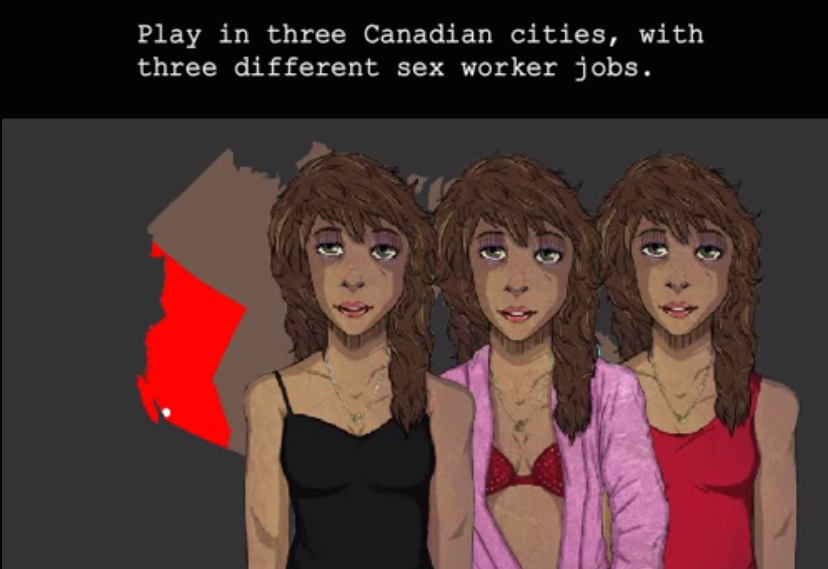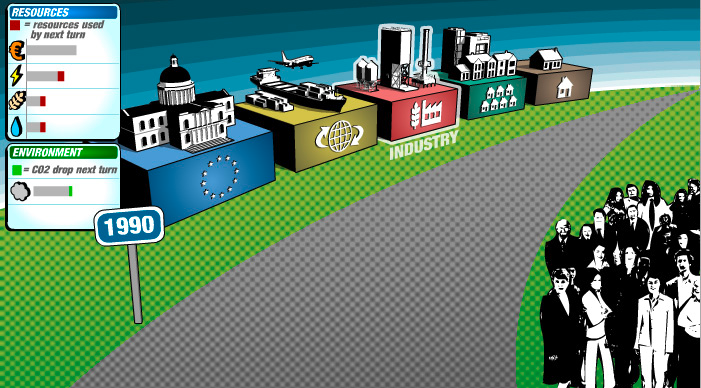About
Author: Paul Darvasi
Publisher: UNESCO
Pages: 14
Description
“Digital games have migrated from trivial forms of entertainment occupying the stigmatized margins of society, to exercising an increasingly powerful influence on quotidian culture. The advent of their social importance has led scholars like Mary Flanagan and Henry Jenkins to proclaim video games the media paradigm of the 21st century. As games have matured over the last decade, an abundance of experimental and artistic genres have emerged that are specifically designed to address complex social issues. These “serious games”, as they are broadly categorized, do far more than entertain: they can act as catalysts to engender awareness and activate positive social change. Whether walking in the shoes of a Sudanese villager, helping a Tutsi mother hide with her baby during the Rwandan genocide, or managing resources in a Nepalese village to fend of starvation, video games have become powerful embodied learning tools that produce empathy, understanding, and skill acquisition, all of which support an agenda of humane conflict resolution and sustainable development.” – Paul Darvasi
Steve Wilcox is an assistant professor in the Game Design & Development program at Wilfrid Laurier University where he researches & creates knowledge translation games. He is also the co-founder & former editor-in-chief of First Person Scholar.


